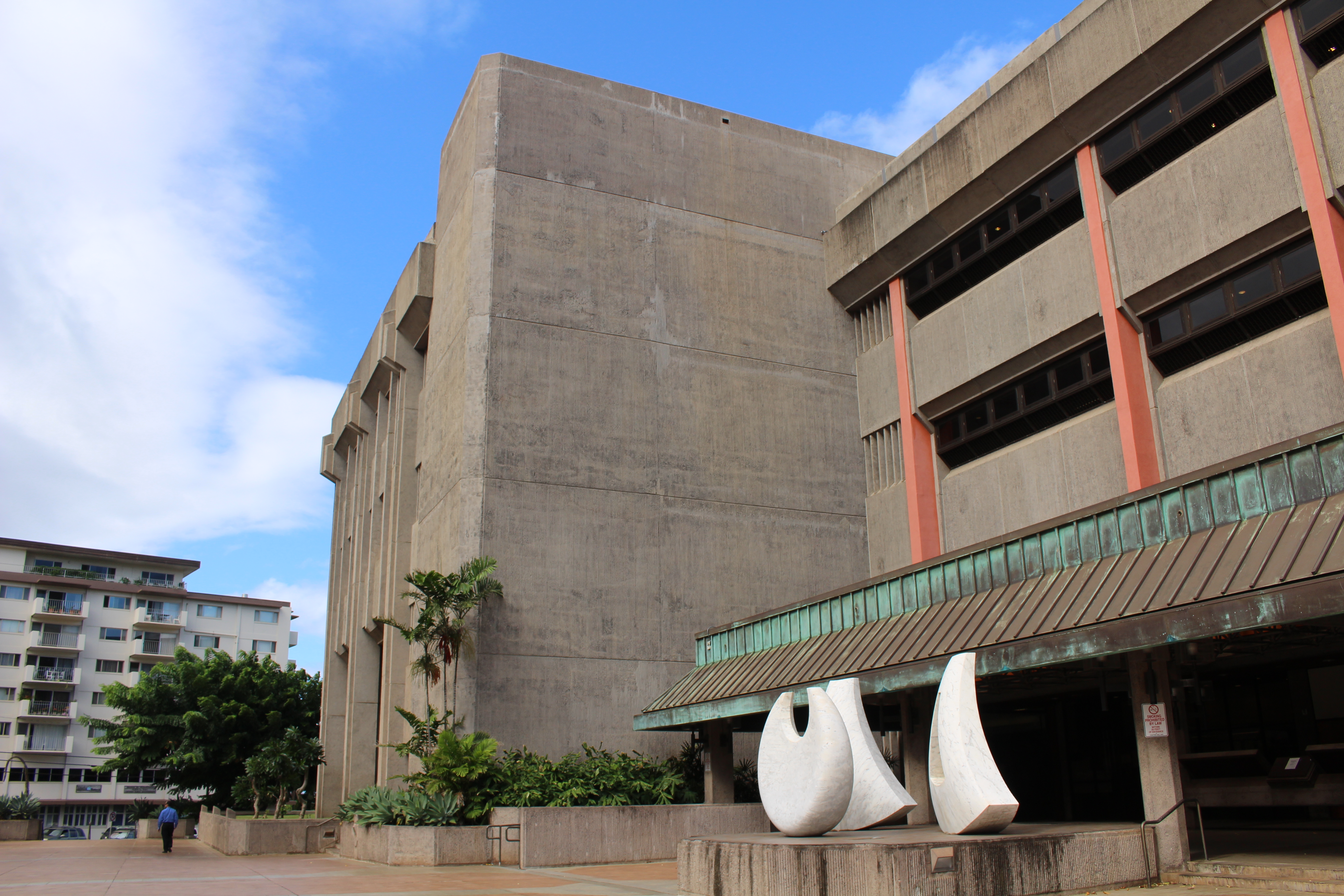Maui Criminal Case Filings Increase 50% in Five Years

Hoapili Hale. Photo by Wendy Osher.
Chief Justice Mark E. Recktenwald called for an additional district court judge position on Maui during his State of the Judiciary Address delivered to lawmakers on Wednesday.
He said that there is a significant demand for services despite the availability of mediation.
According to Recktenwald, the last district court judge to be added on Maui was 35 years ago, in 1982, when the population was less than half of what it is today.
“In the past five years alone, criminal case filings in Maui County have increased by 50%, significantly increasing the workload of each judge,” Recketenwald said. “Accordingly, we are respectfully requesting funding for an additional district court judge position on Maui, as well as family court judges on Oʻahu and Kauaʻi,” he said.
During his address, Recktenwald also touted the Hawaiʻi Supreme Court’s travels to high schools across the state as part of the Courts in the Community Program. Hundreds of attorneys have volunteered their time to join teachers in educating the students about the cases that will be argued.
So far, the Supreme Court has convened at eight schools on Oʻahu and the neighbor islands, most recently at Waiʻanae and McKinley High Schools. Nearly 2,800 students from 51 schools have participated, including students from Kaʻū to Niʻihau. Recktenwald said the Judiciary is excited to continue this unique educational opportunity, and will be visiting Maui in April.
Recktenwald also spoke highly of the Veterans Court program, which he said has been successful on Oʻahu. It is now expanding to other parts of the state with Veterans Courts in Kona and Hilo, and a special calendar for veterans on Maui. The Judiciary will also be opening a Veterans Court on Kauaʻi this year.
On the topic of homelessness, Recktenwald said, “For people who are unable to pay their rent, our district court’s landlord-tenant calendar is often the last stop before the street. Sometimes, there is a possible solution that can keep the tenant in the unit, and be a win for the landlord as well.”
To facilitate positive outcomes, Recktenwald said the Justice Department launched a Steps to Avoid Eviction or STAE program in Honolulu that brought together the State, the City, landlords, private attorneys, Legal Aid, and nonprofit organizations. This initiative was recently expanded to Maui.




_1768613517521.webp)



